If you’re looking for evidence of the creative ability of humans, look no further than screw machine products. I’ll admit that humans’ ability to produce machined fasteners in large quantities probably doesn’t impress most people. But think about the entire timeline of the development of the technology of craftsmanship. The scientific consensus as it pertains to human beings’ achievement of behavioral modernity suggests that as a species, we’ve exhibited reasonable evidence of behavioral modernity for several tens of thousands of years. Even if you don’t subscribe to theories that place the age of our species somewhere around the 150,000 year mark, even a few thousand years ago the scope of our technology was still by and large limited to rubbing sticks together.
Human history is characterized by perplexing surges in some technological contexts paired with developmental stagnation in others. For example, Neolithic hunters in Siberia are thought to have been expert mammoth hunters, but there’s no evidence that they could construct lasting, substantial habitable shelters. In fact, we don’t have evidence of the use of nails until the Iron Age. They’re mentioned in the Bible in connection with the building of Solomon’s temple, and wrought iron nails hammered into shape by ancient Romans can be found in museums across Europe. The advent of the fastener was a seminal moment in the development of carpentry, construction and trade generally. No longer did builders have to stack rocks on top of each other and hope they wouldn’t fall on them while they slept. Now, they could actually fasten their building materials together. Truly, this was an inspired moment.
Fast-forward to 1770. Nails have been joined by a large variety of other fasteners, namely grooved bolts and screws. These companion fasteners were discovered to have many more times as much holding power as fasteners with smooth surfaces, and they can be removed if necessary. But until 1770 there was no standard set of tools for screw fabrication, which meant that as a fastener variety, grooved fasteners couldn’t be standardized, and carpentry thrives on standardization. Enter Jesse Ramsden’s screw-cutting lathe, one of the first machines of its kind. About 30 years later, another Englishman named Henry Maudslay developed a screw machine that could be used to machine screws in large enough quantities for mass-production. Before long, machined fasteners would enter the mainstream.
Today, you’re probably never far from a machined fastener at any given time. Screw machined parts hold your car together on your way to work. If you’re near a window, there’s a good chance that the window’s locking or opening mechanism is knurled. If you’re in a home or office, you’re likely to be surrounded by drywall screws, though you can’t see them. Threaded rods can be found in office chairs, miniature screws are holding together the casing for your computer and hex bolts are likely to be keeping your cubicle from falling apart. And, with the advent of computer numerical controlled (CNC) screw machining equipment, these products can be produced quickly, efficiently and inexpensively, often with minimal human supervision or intervention.
Compare all of this with the conditions of our pre-fastener societies, and it becomes clear how a seemingly simple thing like a threaded fastener can contribute to a technological revolution. There are a lot of examples within the history of industry of how people have responded with innovation to the challenges of life. The development of screw machine products certainly belongs on that list.
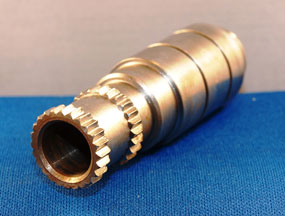 Broaching
Broaching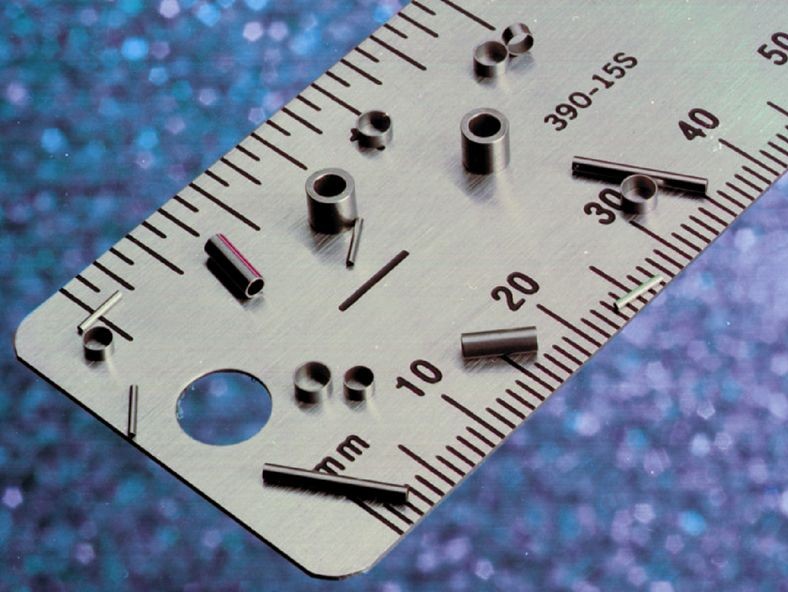 CNC Machining
CNC Machining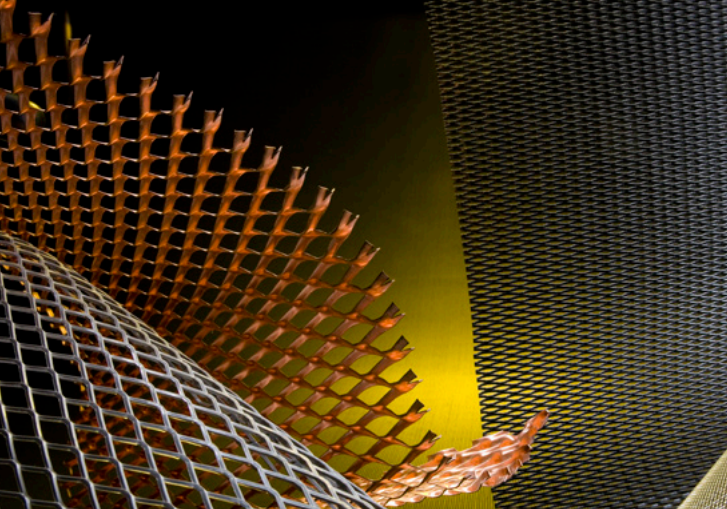 Expanded Metals
Expanded Metals Laser Cutting
Laser Cutting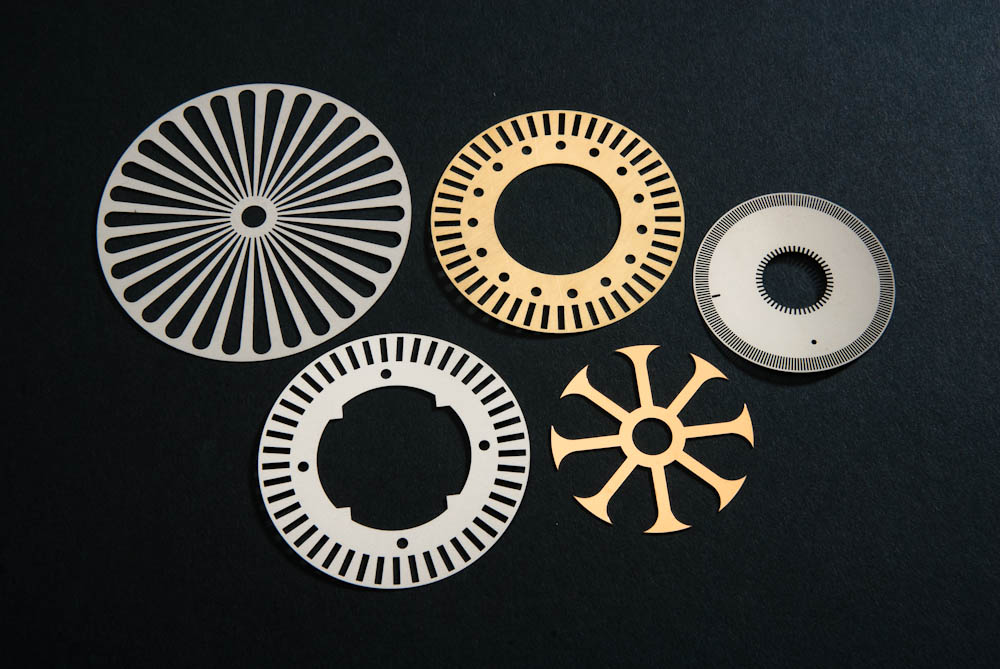 Metal Etching
Metal Etching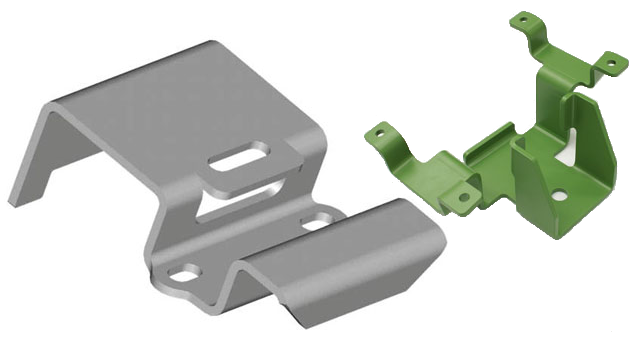 Metal Fabrication
Metal Fabrication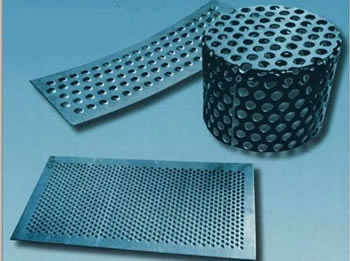 Perforated Metals
Perforated Metals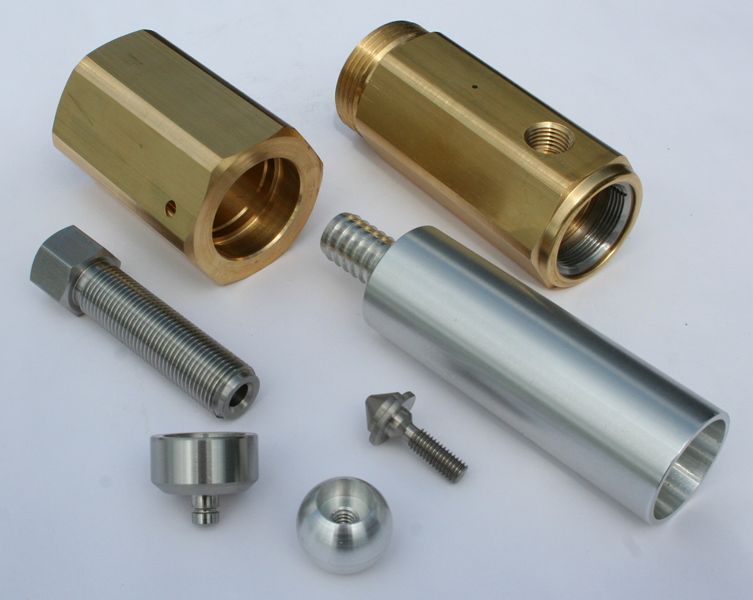 Screw Machine Products
Screw Machine Products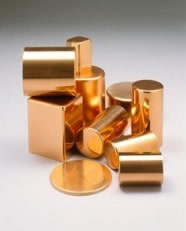 Metal Stampings
Metal Stampings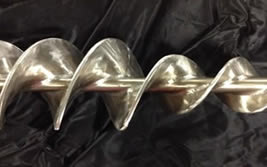 Sheet Metal Fabrication
Sheet Metal Fabrication Tube Fabrication
Tube Fabrication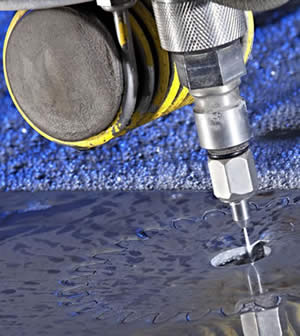 Water Jet Cutting
Water Jet Cutting Castings & Forgings
Castings & Forgings Bulk Material Handling
Bulk Material Handling Electrical & Electronic Components
Electrical & Electronic Components Flow Instrumentation
Flow Instrumentation Hardware
Hardware Material Handling Equipment
Material Handling Equipment Metal Cutting Services
Metal Cutting Services Metal Forming Services
Metal Forming Services Metal Suppliers
Metal Suppliers Motion Control Products
Motion Control Products Plant & Facility Equipment
Plant & Facility Equipment Plant & Facility Supplies
Plant & Facility Supplies Plastic Molding Processes
Plastic Molding Processes Pumps & Valves
Pumps & Valves Recycling Equipment
Recycling Equipment Rubber Products & Services
Rubber Products & Services